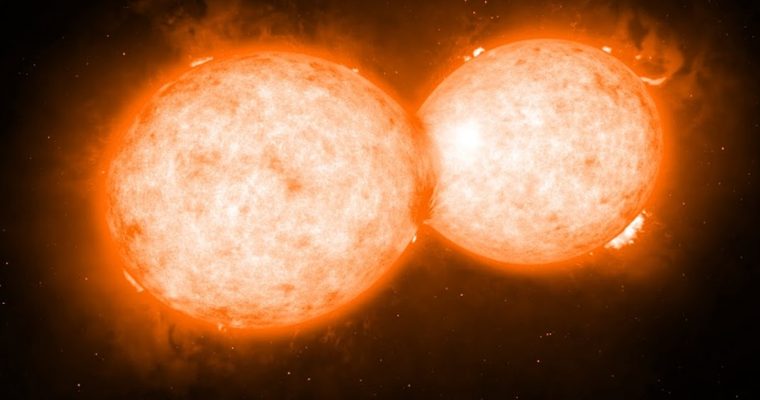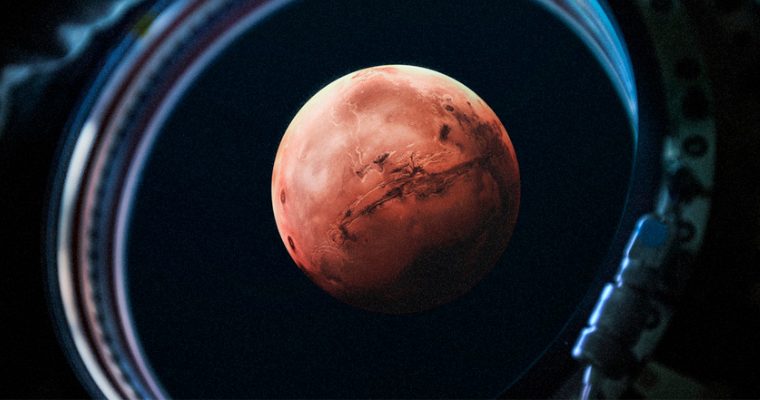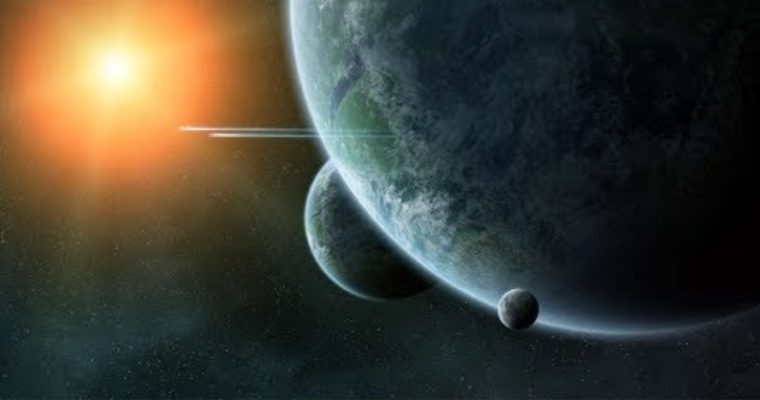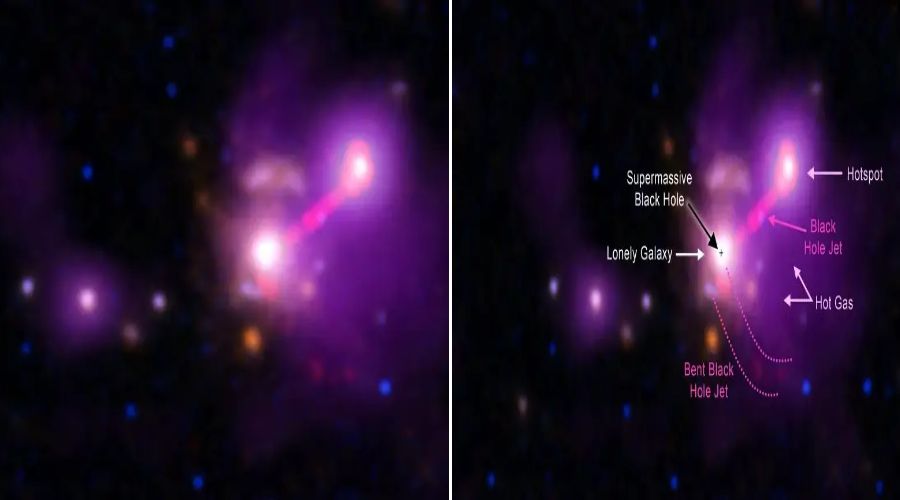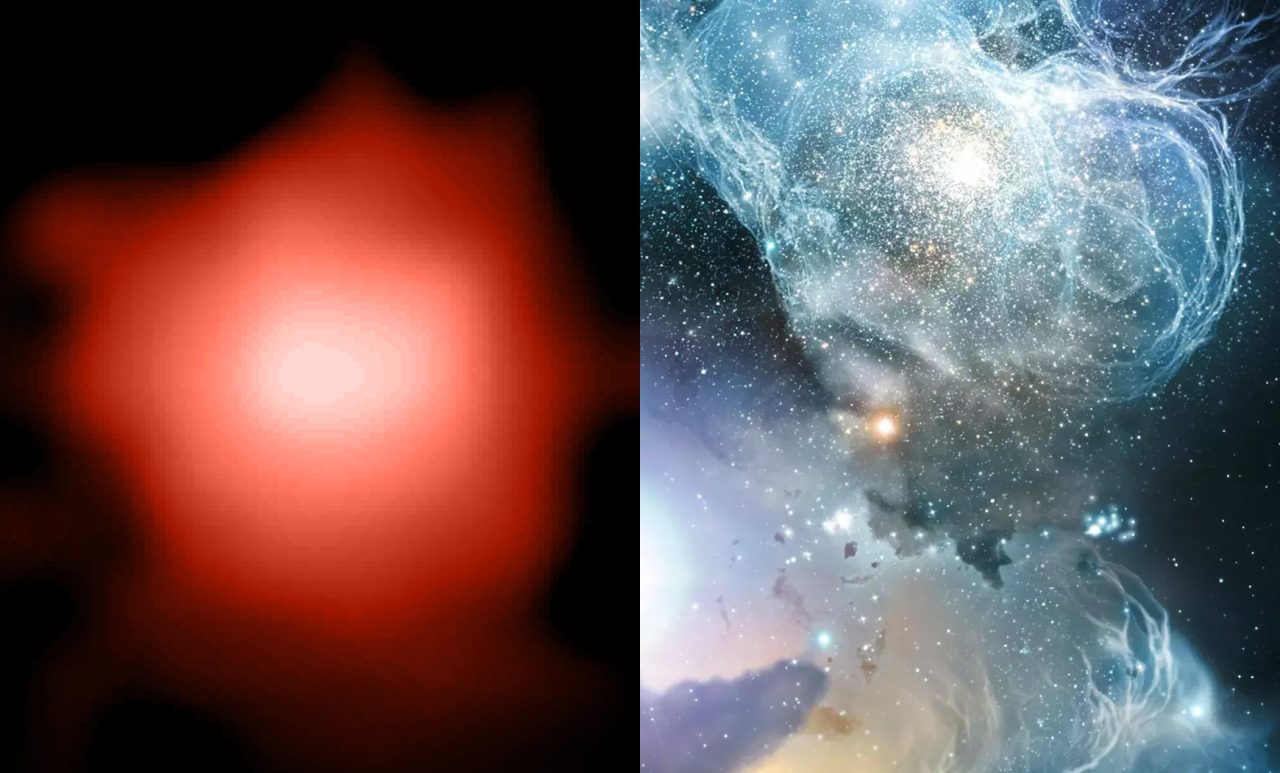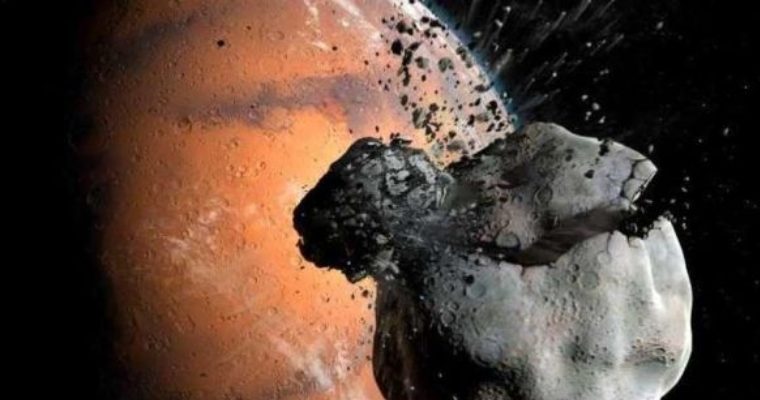How will the Universe die? Theoretical physicists have several theories, for example, the thermal death of the Universe or the Big Crunch. But scientists have proposed another hypothesis: perhaps the Universe will be eternal. In a new study, scientists are trying to determine the nature of dark energy — a mysterious phenomenon that causes the Universe to expand faster and faster every second. But physicists have discovered that cosmic expansion is not always a given. Nevertheless, according to them, dark energy can periodically “turn on” and “turn off”: sometimes increasing the cosmos, sometimes decreasing it, until conditions are created for a new Big Bang, which will give rise to a new Universe.
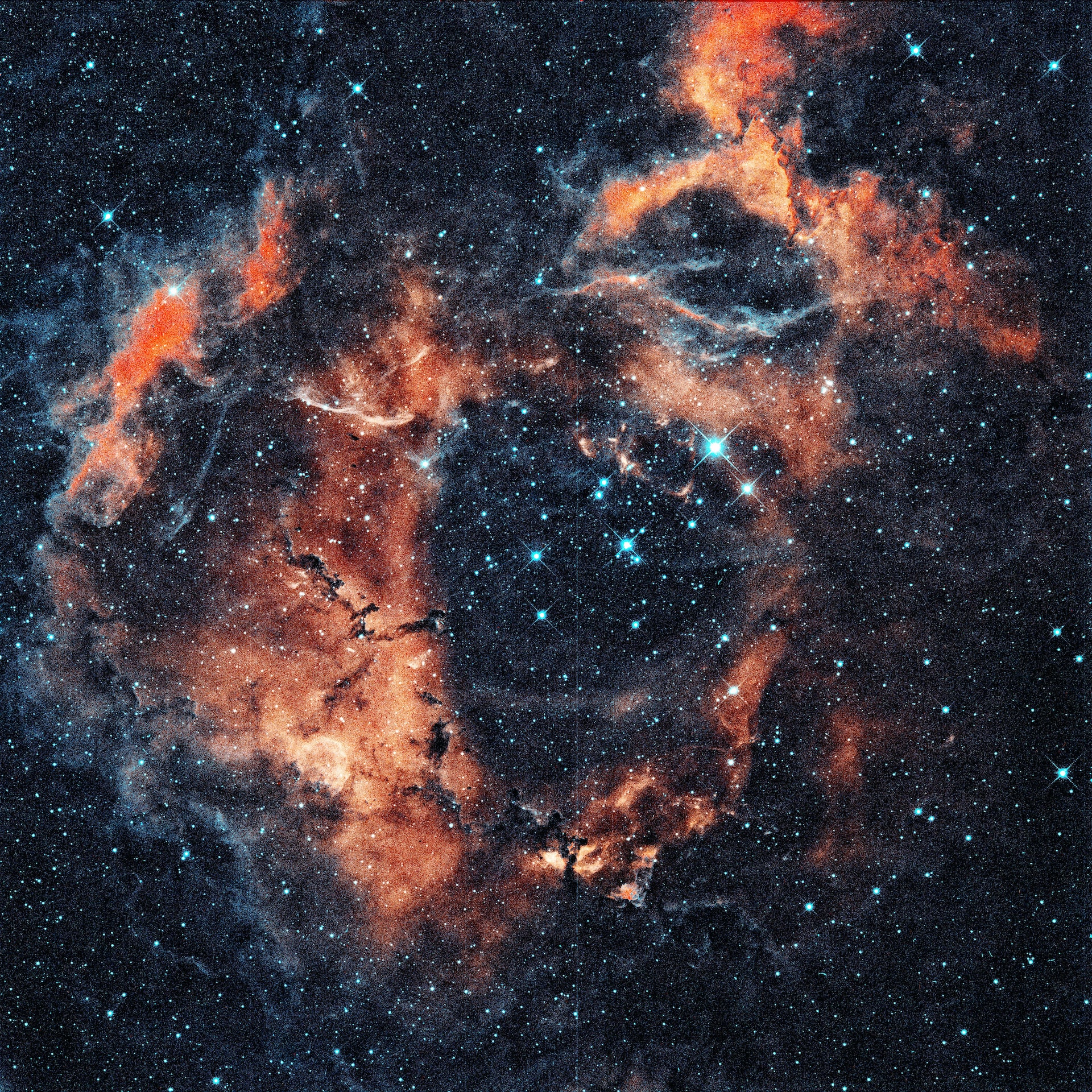 Perhaps the Universe and the Big Bangs are controlled by dark energy. Illustration: Unsplash Double rapid expansion
Perhaps the Universe and the Big Bangs are controlled by dark energy. Illustration: Unsplash Double rapid expansion
Now our Universe is going through a phase of rapid expansion: the cosmos is getting bigger by the second. Cosmologists do not fully understand the reasons for this acceleration, so they believe that dark energy is responsible for this. If this acceleration persists, our Universe will eventually expand into oblivion, and all matter will be torn apart.
This was not the first period of rapid expansion. In the first moments after the Big Bang, the energy and density were so extreme that neither modern physics nor mathematics could explain this period. After that, the Universe went through a period of incredibly rapid expansion, known as inflation. Scientists also know very little about it.
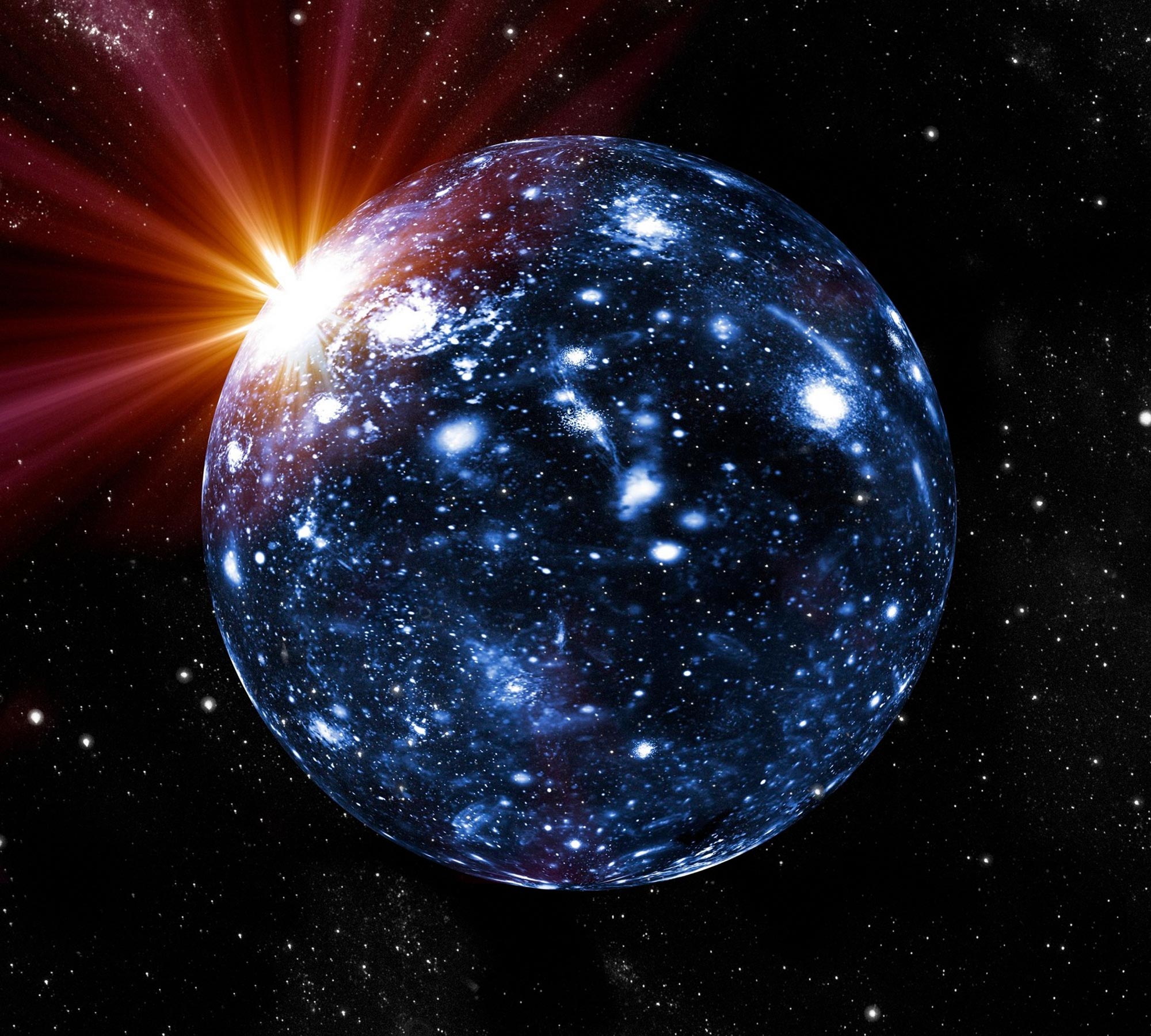
Astronomers have long wondered whether these two phases of accelerated expansion are related to each other — one in the first moments of the Big Bang, and the second in the current era. Perhaps the same essence is responsible for both periods – the singularity.
Dark energy rules the Universe
To answer this question, a couple of theoretical physicists have published a study that examines a model of the Universe, where a more realistic model is proposed, where dark energy has always played a role in the formation of space-time. Previous studies modeled dark energy, which was turned on at different times to stimulate cosmic expansion.
Scientists wanted to see if dark energy could avoid the Big Bang singularity, cause inflation and accelerate the aging of the Universe. To avoid this initial singularity, the Universe cannot start from a point of infinite density. But the Universe in which we live should be one of an endless series of iterations – repeated “Big Bounces”.
In their scenario, dark energy rules the Universe until it reaches a certain size. But then the dark energy transforms, causing the Universe to contract. Then the cosmos experiences a great crisis, but just before reaching a state of infinite density, dark energy returns again, causing a period of incredibly rapid inflation and starting the cycle anew.
Future of the Universe and humanity
The most important thing is that in the theoretical model, matter and radiation could not have been present in the very early Universe, otherwise they would have spoiled inflation. Instead, matter and light should appear immediately after inflation, as part of the dark energy decayed, filling the Universe with light and matter.
The new study points to a promising direction, providing a viable platform for further study of such models. Perhaps humanity will not have to live in a cold empty space, because dark energy may behave differently in the distant future. Continued research will reveal our ultimate fate.
Earlier we reported how a mathematician confirmed the possibility of time travel, but not in our Universe.
Source: universemagazine.com



